Apple accused of false patent marking in new lawsuit
Filed last week in a U.S. District Court in the Eastern District of Texas, the suit names Apple, Sprint Nextel Corp., Verizon Wireless and Samsung Telecommunications America as the defendants. The plaintiff, Americans for Fair Patent Use, asserts that the companies have falsely marked products with expired patents, or patents that do not cover the marked products, "with the intent to deceive the public about the patent coverage for their products."
Apple products targeted in the suit are the iPhone, iPod touch, fifth- and sixth-generation iPod classic, the third- and fourth-generation iPod nano. It noted that the fifth-generation iPod was marked with manuals, user guides or product information guides with references to U.S. Patent Nos. 4,577,216, 4,631,603, 4,819,098, and 4,907,093. The remaining products included references to U.S. Patent Nos. 4,577,216, 4,631,603, 4,819,098, and 4,907,093.
The suit notes that the '216, '603, '098 and '093 patents each expired prior to Apple making the respective products available for sale. Starting on March 6, 2007, the company began referencing those patents in documentation with its products, after the patents had expired.
"Despite the fact that all of the '216, '603, '098 and '093 patents expired prior to the first sale in the United States of any Apple Product, Apple knowingly and intentionally marked the user manuals, user guides, or product information guides (or the equivalent) for these products at various times with the patent numbers of these patents," the suit reads. "Apple knows that the '216, '603, '098 and '093 patents do not and never covered any of the Apple Products."
The complaint was brought under the False Marking Statute, which the AFPU said was passed by Congress to allow consumers to easily and quickly discover patents associated with products.
The AFPU is based in Austin, Tex., and was established "to encourage the fair use of the patent system and deter abuse of the patent system, which harms the public welfare and stifles competition." It said that Apple's "false marking" is an example of "harmful conduct."
The organization has asked the court to fine Apple and the other parties $500 per falsely marked product. It asks that half of the fine be paid to the government, per the terms of the False Marking Statute, while the other half be paid to the AFPU.
The suit also requests that the court take steps to ensure that Apple, Verizon, Sprint and Samsung Telecommunications America cannot falsely market their products in the future. It also wishes to see all of the accused companies notify customers of their allegedly false patent markings.
In last year's Form 10-K filed with the U.S. Securities and Exchange Commission, Apple revealed that it was then defending itself in more than 47 patent-related cases. "Regardless of merit," the company said, "responding to such claims can consume significant time and expense."
 Neil Hughes
Neil Hughes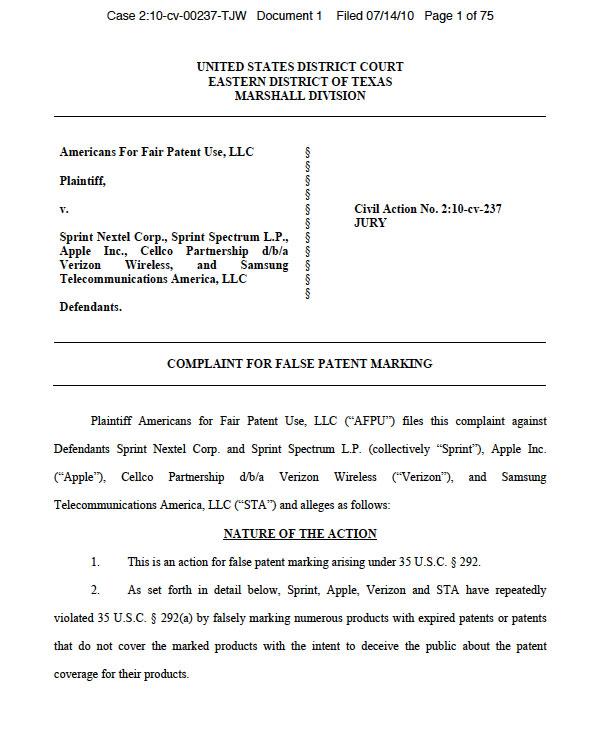




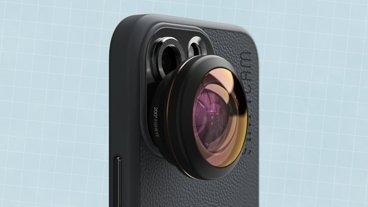





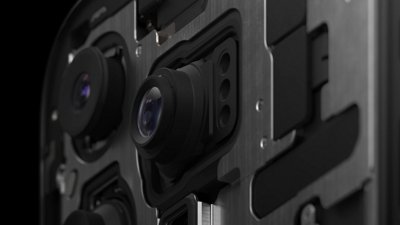
 Malcolm Owen
Malcolm Owen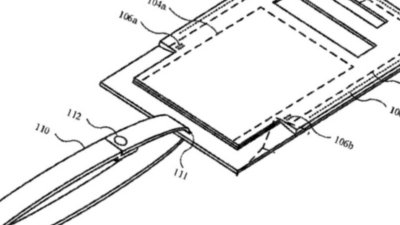
 William Gallagher
William Gallagher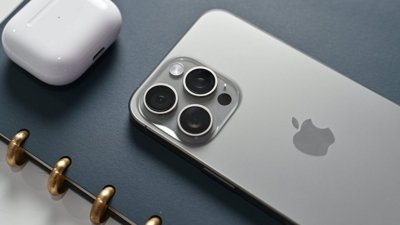
 Mike Wuerthele and Malcolm Owen
Mike Wuerthele and Malcolm Owen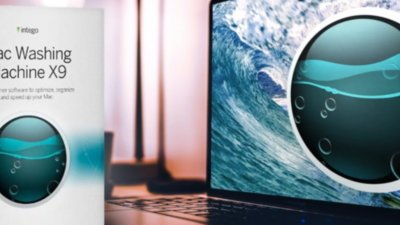
 Sponsored Content
Sponsored Content


 Chip Loder
Chip Loder
 Andrew Orr
Andrew Orr







